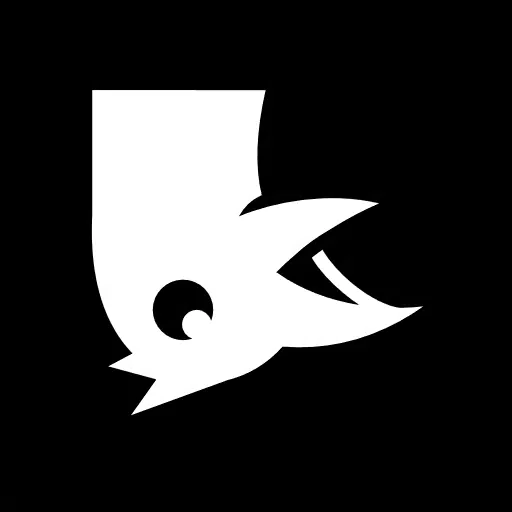- cross-posted to:
- linux_gaming@lemmy.world
- cross-posted to:
- linux_gaming@lemmy.world
https://github.com/GloriousEggroll/ULWGL
From the github:
WHAT DOES THIS MEAN FOR OTHER LAUNCHERS (lutris/bottles/heroic/legendary,etc):
- everyone can use + contribute to the same protonfixes, no more managing individual install scripts per launcher
- everyone can run their games through proton just like a native steam game
- no steam or steam binaries required
- a unified online database of game fixes (protonfixes)


It’s really up to the corporation whether they think it will benefit them. I agree that Valve has so far not been hostile toward GE, and it looks like proton has a very permissive license, but if it were any other digital storefront, doing anything to allow users to consume your content without using your storefront would be seen as at attack on their bottom line.
I’m actually curious how this new standard would potentially benefit other storefronts who haven’t natively supported Linux yet. If it’s going to make things easier for existing open source launchers, then it would also make things easier for competing launchers. I know as a consumer, I want GOG, Epic, EA, etc. supporting Linux, but does valve? I don’t know, maybe, maybe not. On the one hand, maybe they don’t want competition in their niche space, on the other hand, maybe they’ll do anything to take marketshare from msft.
Valve’s Proton is open source but is it also free to use and distribute in commercial software? Cuz if so, there’d be nothing stopping GOG or Epic from implementing it already, they don’t need this project at all
Yes.
Valve’s Proton code is licensed under the BSD licence, which is a “do anything you like with this code” licence.
Wine code is under the LGPL. You can ship this in commercial software as long as you “make the source code available” (which, assuming the distributor isn’t modifying the Wine code further, can be achieved by just linking people back to the main Wine project code repository).
DXVK is licensed under zlib, which is functionally the same as the BSD licence.
Someone else already explained the licenses, but to your second point, yes, nothing stops any other launcher from using proton, which is what all the other open source launchers do. And yes, no one “needs” this project, just like we don’t “need” any standards for anything, but it could make things a lot cleaner and easier to support.